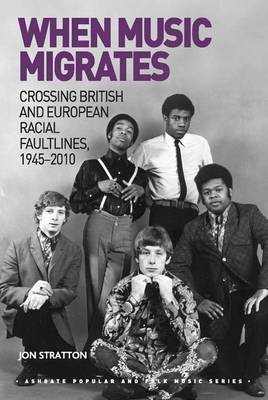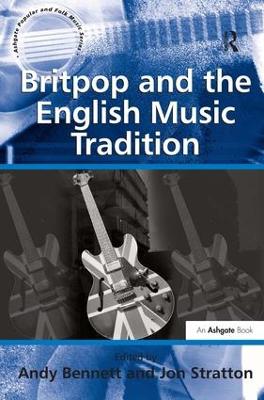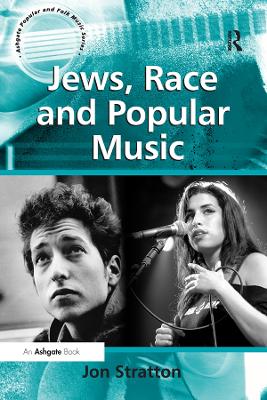Ashgate Popular and Folk Music
4 total works
When Music Migrates uses rich material to examine the ways that music has crossed racial faultlines that have developed in the post-Second World War era as a consequence of the movement of previously colonized peoples to the countries that colonized them. This development, which can be thought of in terms of diaspora, can also be thought of as postmodern in that it reverses the modern flow which took colonizers, and sometimes settlers, from European countries to other places in the world.
Stratton explores the concept of `song careers', referring to how a song is picked up and then transformed by being revisioned by different artists and in different cultural contexts. The idea of the song career extends the descriptive term `cover' in order to examine the transformations a song undergoes from artist to artist and cultural context to cultural context. Stratton focuses on the British faultline between the post-war African-Caribbean settlers and the white Britons. Central to the book is the question of identity. For example, how African-Caribbean people have constructed their identity in Britain can be considered through an examination of when `Police on My Back' was written and how it has been revisioned by Lethal Bizzle in its most recent iteration. At the same time, this song, written by the Guyanese migrant Eddy Grant for his mixed-race group The Equals, crossed the racial faultline when it was picked up by the punk-rock group, The Clash. Conversely, `Johnny Reggae', originally a pop-ska track written about a skinhead by Jonathan King and performed by a group of studio artists whom King named The Piglets, was revisioned by a Jamaican studio group called The Roosevelt Singers. After this, the character of Johnny Reggae takes on a life of his own and appears in tracks by Jamaican toasters as a Rastafarian. Johnny's identity is, then, totally transformed. It is this migration of music that will appeal not only to those studying popular music, but also cultural studies and race.



